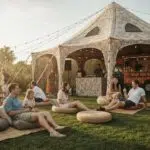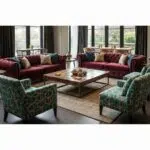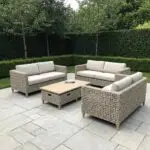Outdoor corporate events provide excellent opportunities for networking and team-building while also presenting challenges in maintaining a pleasant atmosphere amid varying weather conditions. Effective climate control solutions are essential for guest comfort and safety in extreme temperatures. This article reviews key temperature regulation methods, their benefits and challenges, and offers guidance for selecting the best solution to balance energy efficiency and safety.
Key Takeaways
- Effective climate control is vital for outdoor corporate events.
- Cooling and heating solutions must suit the venue’s specific weather conditions.
- Managing air quality through humidity and odor control is crucial.
- Equipment power, noise levels, and aesthetic considerations affect selection decisions.
- Professional installation and on-site support are necessary to ensure reliable system performance.
Understanding Temperature Regulation for Outdoor Corporate Events
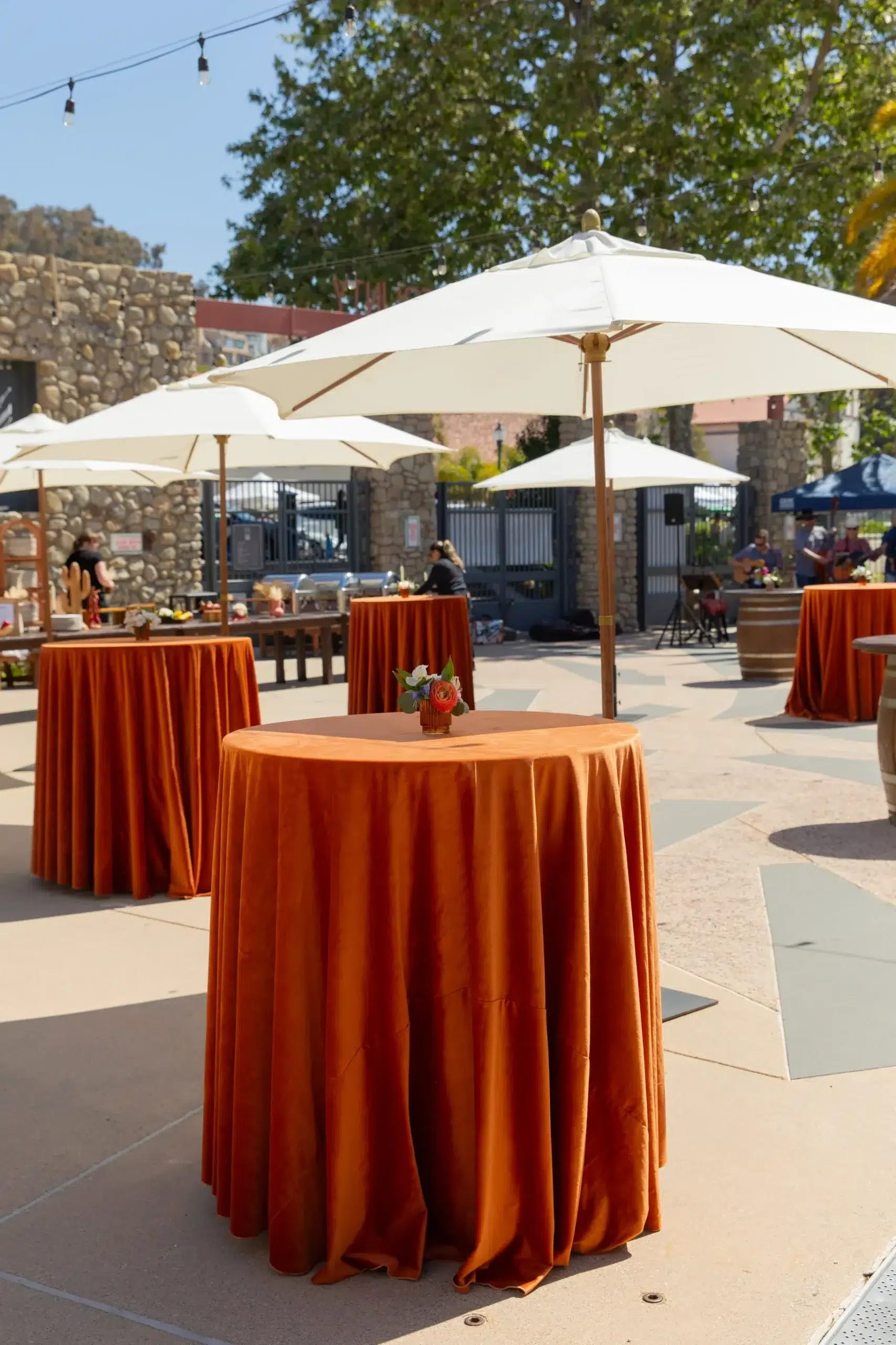
Outdoor events face fluctuating temperatures and unpredictable weather. Temperature regulation starts with assessing the event’s needs based on guest count, duration, and venue conditions. It is not only about cooling or heating but also about managing humidity, wind, and air quality to maintain comfort.
Assessing Your Event’s Specific Climate Control Needs
Tailor climate control solutions to the event’s size, location, and expected weather. A thorough site analysis helps identify challenges such as wind corridors, sun exposure, and landscape effects. Consider guest demographics too in humid regions, for example, additional dehumidifying may be required to prevent condensation on equipment.
The Impact of Weather on Outdoor Corporate Gatherings
Weather affects comfort, safety, and logistics. Sudden temperature changes can lower attendance, disrupt activities, and reduce engagement. Even moderate deviations may lower attendee satisfaction, making advanced climate control not just a convenience but a necessity.
Benefits of Effective Climate Control for Outdoor Events
Good climate control enhances guest experience, safety, and operational efficiency. A comfortable environment improves networking and promotes a positive corporate image. It minimizes discomforts like perspiration and fatigue while enabling flexible scheduling and energy cost savings.
Common Challenges in Managing Outdoor Event Climates
Rapid weather changes, sudden wind gusts, unanticipated rain, and heat waves pose significant challenges. Integrating multiple systems can create logistical issues with equipment placement, power management, and potential noise interference. Continuous equipment monitoring and maintenance are required to avoid minor malfunctions from becoming major disruptions.
Cooling Solutions for Warm Weather Corporate Functions
Cooling solutions are critical when hosting events in warm weather. The choice depends on venue size, baseline temperature, and airflow dynamics.
Portable Air Conditioning Units for Tented Events
Portable AC units offer immediate cooling where traditional systems are impractical. They are versatile and ideal for tented areas with heat buildup. Many models include energy-saving features and digital thermostats. However, their performance depends on ambient temperature and humidity, and a stable power supply is a must.
Evaporative Coolers for Open-Air Corporate Settings
Evaporative coolers, or swamp coolers, use water evaporation to reduce temperatures, making them effective in dry climates. They use less energy than conventional ACs and are cost-effective, though their performance drops in humid conditions. These units can lower temperatures significantly under the right conditions, making them suitable for desert-like events.
Misting Systems for Guest Comfort at Outdoor Events
Misting systems emit a fine spray of water that evaporates quickly, cooling outdoor spaces and reducing sun exposure effects. They can be installed along walkways and seating areas. When properly maintained, they can lower temperatures by 10–15°F, ensuring comfort during extended outdoor exposure.
Strategic Use of Shade Structures and Natural Ventilation
Shade structures such as canopies and umbrellas reduce direct sunlight and heat gain. When combined with natural ventilation, these structures create a cooler microclimate, lowering reliance on mechanical systems. Adding landscaping or green walls can enhance aesthetics and boost natural cooling.
Renting Industrial Fans for Large Outdoor Corporate Venues
Industrial fans move large volumes of air and are effective when natural wind is insufficient. They provide a consistent breeze and can improve overall air circulation by up to 30% when deployed strategically, helping to counteract heat accumulation.
Heating Methods for Cold Weather Outdoor Corporate Events
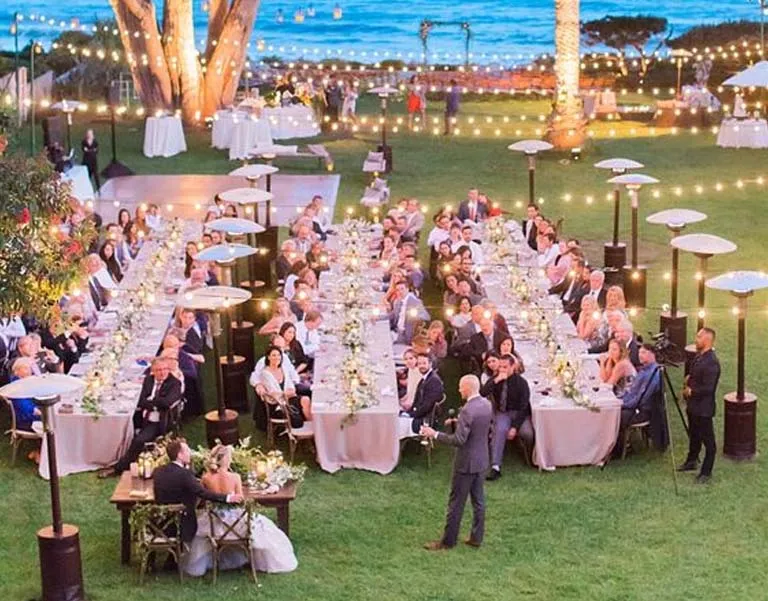
In cold weather, heating systems are key to ensuring comfort and safety. They not only raise ambient temperatures but also create a welcoming atmosphere in semi-sheltered spaces.
Patio Heaters for Focused Warmth at Corporate Receptions
Patio heaters deliver concentrated warmth to specific areas like seating zones or networking spots. Their adjustable settings and built-in safety features, such as automatic shut-off, help maintain a comfortable temperature often raising local temperatures by about 15°F.
Tent Heaters for Enclosed Outdoor Corporate Event Spaces
Tent heaters are designed to warm large, enclosed areas quickly. Available in electric or propane versions, they include safety features like protective grilles and auto shut-off. They can boost interior temperatures by 20–25°F, ensuring indoor areas remain cozy during cold spells.
Radiant Heating Options for Outdoor Gatherings
Radiant heaters work by directly warming people and objects rather than the air. This method provides immediate comfort and is free from drafts, making it ideal during transitions between indoors and outdoors. They can significantly improve comfort, with many users noting a marked increase in perceived warmth.
Ensuring Safe Operation of Heating Equipment
Proper installation with sufficient spacing, grounding, and regular inspections is essential to prevent fire hazards. Certified professionals should install heaters per manufacturer guidelines, while continuous monitoring and clear emergency procedures help minimize risks during events.
Selecting Appropriate Fuel Sources for Heaters
Different heaters use electricity, propane, or natural gas. Electric options are clean and quiet but require a reliable power source, while propane units offer portability but need proper ventilation. A thorough fuel assessment is necessary to ensure safety and efficiency.
Air Quality Management for Outdoor Corporate Events
Maintaining good air quality is crucial for comfort and health. Advanced strategies help control pollutants, humidity, and odors for a pleasant event atmosphere.
Air Filtration Systems for Tents and Temporary Structures
Portable air filters capture dust, pollen, and particulates, creating a cleaner indoor environment in tents or temporary structures. They are particularly useful in areas with high guest density and must be maintained regularly for consistent performance.
Humidity Control Solutions for Outdoor Event Comfort
Humidity control, using dehumidifiers or humidifiers, prevents discomfort caused by excessive dampness or dryness. Maintaining optimal humidity levels (typically between 40% and 60%) preserves equipment functionality and guest comfort.
Odor Management in Outdoor Corporate Event Settings
Odor management is vital for a professional atmosphere. Neutralizers and air fresheners can effectively counteract unwanted smells from food vendors or the environment, ensuring a neutral and inviting space.
Promoting Air Circulation in Covered Outdoor Areas
Enhancing natural ventilation with mechanical aids such as ceiling fans helps prevent air stagnation. Proper circulation not only improves comfort but also dilutes pollutants, contributing to better overall air quality.
Selecting the Right Climate Control for Outdoor Corporate Events
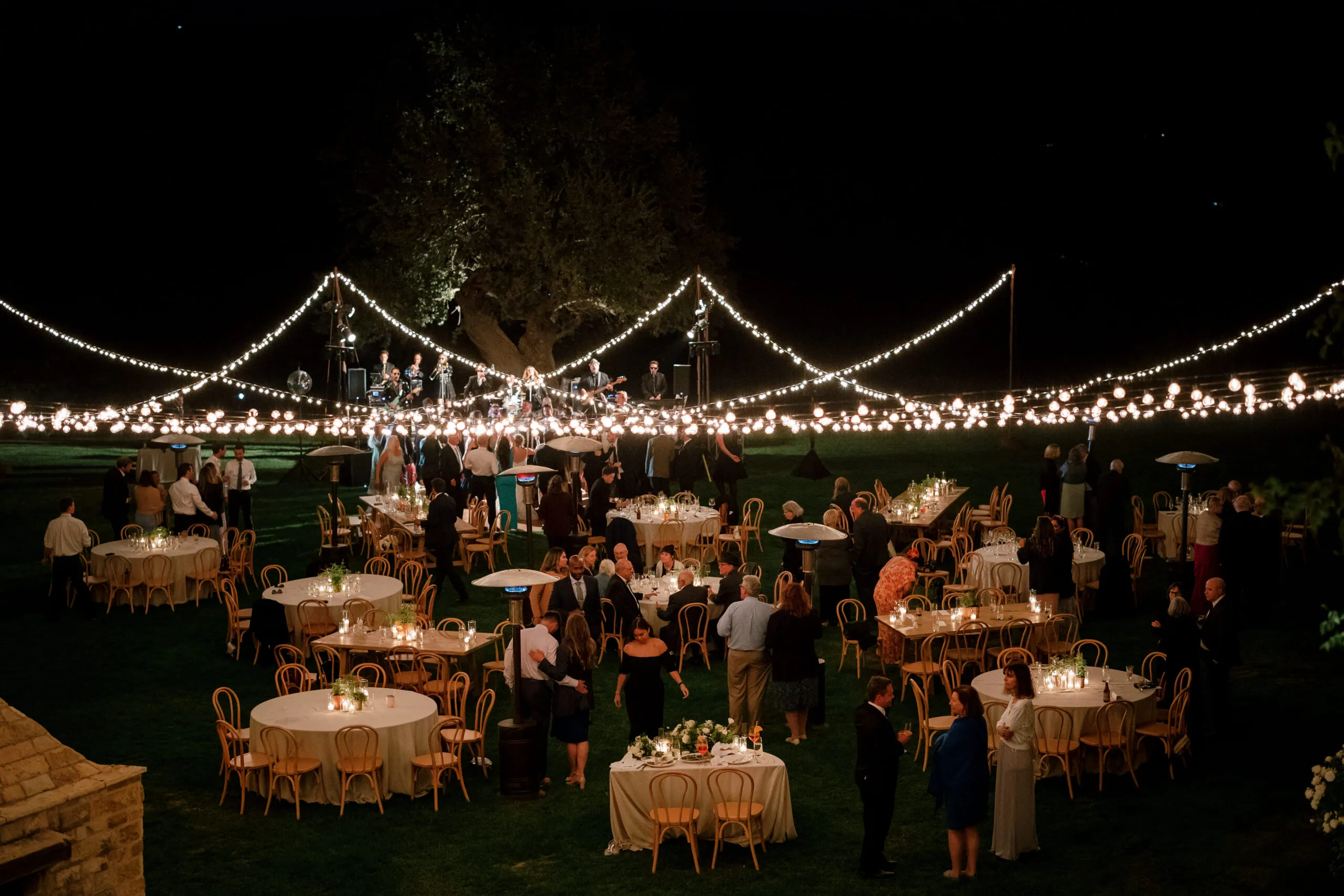
Choosing the right climate control strategy involves evaluating guest count, venue size, and technical needs. Event planners should consider performance, cost, and aesthetics when selecting systems.
Factoring in Guest Count and Venue Size
Large venues may require more powerful equipment to uniformly distribute heating or cooling, while smaller spaces might only need localized solutions. Conducting quantitative analyses helps in selecting appropriately sized systems.
Power Requirements and Equipment Noise
Ensure sufficient power supply and backup options to support energy-intensive devices. Additionally, consider noise levels; quieter systems help maintain a professional, interruption-free environment.
Aesthetic Considerations and Budgeting
Climate control equipment should blend with the venue’s decor to preserve a professional atmosphere. Budgeting must include potential contingencies like system malfunctions and upgrades while balancing cost with operational efficiency.
Professional Installation and Management of Event Climate Control
Reliable performance depends on professional installation and ongoing management. Partnering with trusted HVAC rental companies and employing on-site technicians minimizes risk and ensures smooth operation.
Working With HVAC Rental Companies and On-Site Technicians
These experts provide advanced, well-maintained equipment and offer immediate technical support during events, ensuring continuous comfort and reducing downtime.
Contingency Planning and Sustainable Practices
Having backup equipment and clear emergency procedures is essential. Additionally, opting for energy-efficient and eco-friendly systems supports sustainability and corporate social responsibility.
Final Thoughts
Effective climate control is fundamental to the success of outdoor corporate events. By carefully assessing environmental needs, selecting suitable cooling, heating, and air quality solutions, and relying on professional installation and management, planners can create a comfortable and productive atmosphere regardless of the weather. Future events will benefit from these integrated strategies, ensuring every detail enhances the overall guest experience.
Frequently Asked Questions
Q: How can I assess my venue’s climate control needs?
A: Evaluate the venue’s size, expected guest count, and local weather patterns to choose the best equipment and systems for temperature regulation.
Q: What are the main cooling options for outdoor events?
A: Options include portable air conditioning units, evaporative coolers, misting systems, and shade structures that promote natural ventilation.
Q: How do radiant heaters differ from other heating devices?
A: Radiant heaters warm individuals and objects directly, providing immediate comfort without relying solely on ambient air temperature.
Q: Why is air quality management important for outdoor events?
A: Managing pollutants, humidity, and odors helps maintain a healthy, comfortable environment that supports guest well-being and productivity.
Q: What should be included in a contingency plan for climate control malfunctions?
A: The plan should include backup equipment, alternative power sources, emergency technical support, and clear guidelines for staff in case of system failure.

